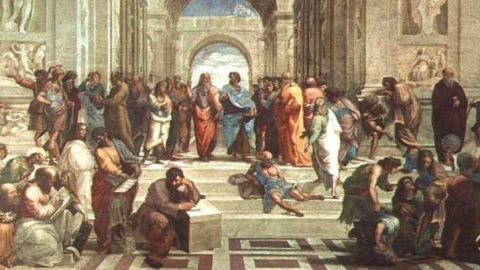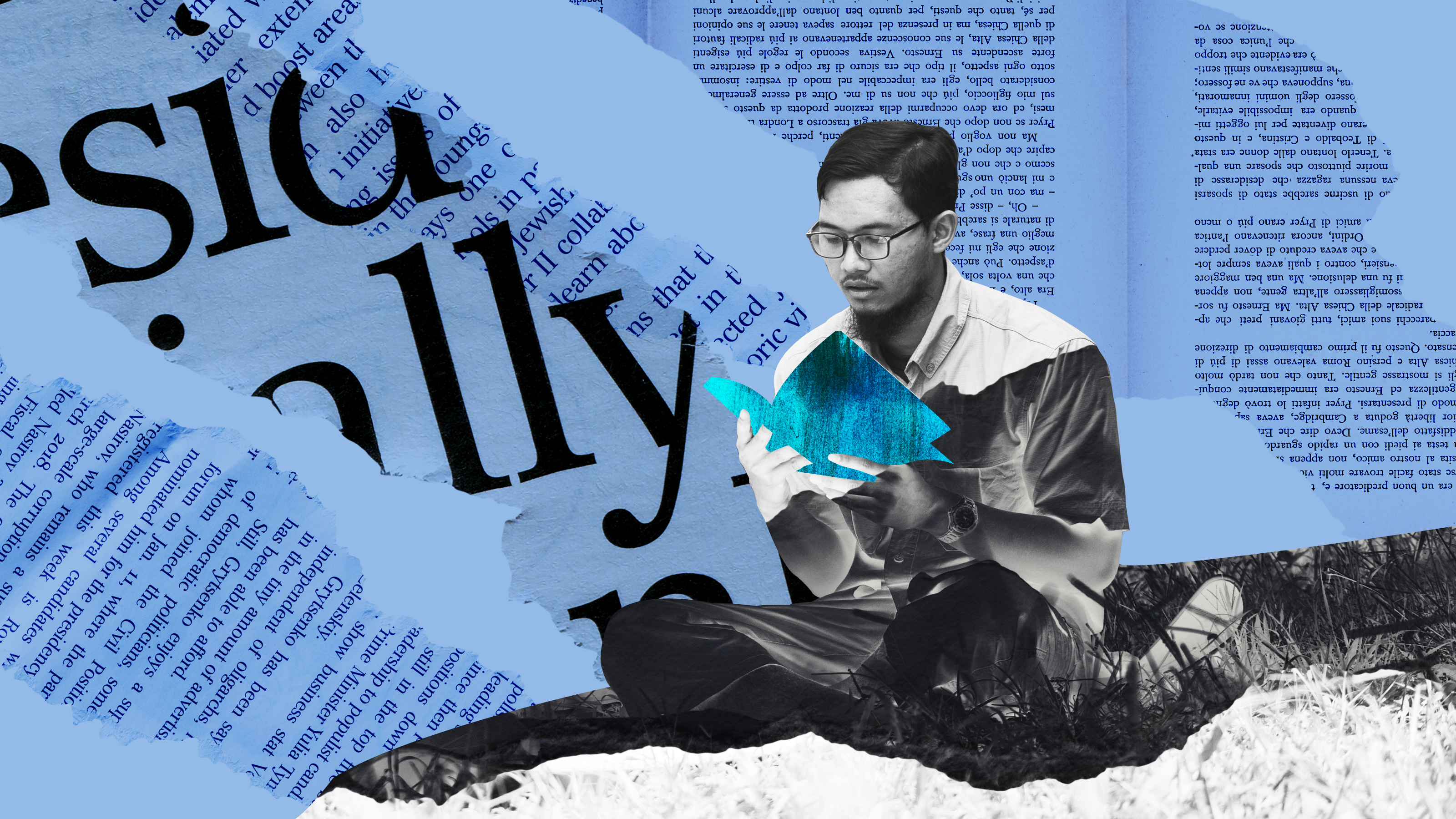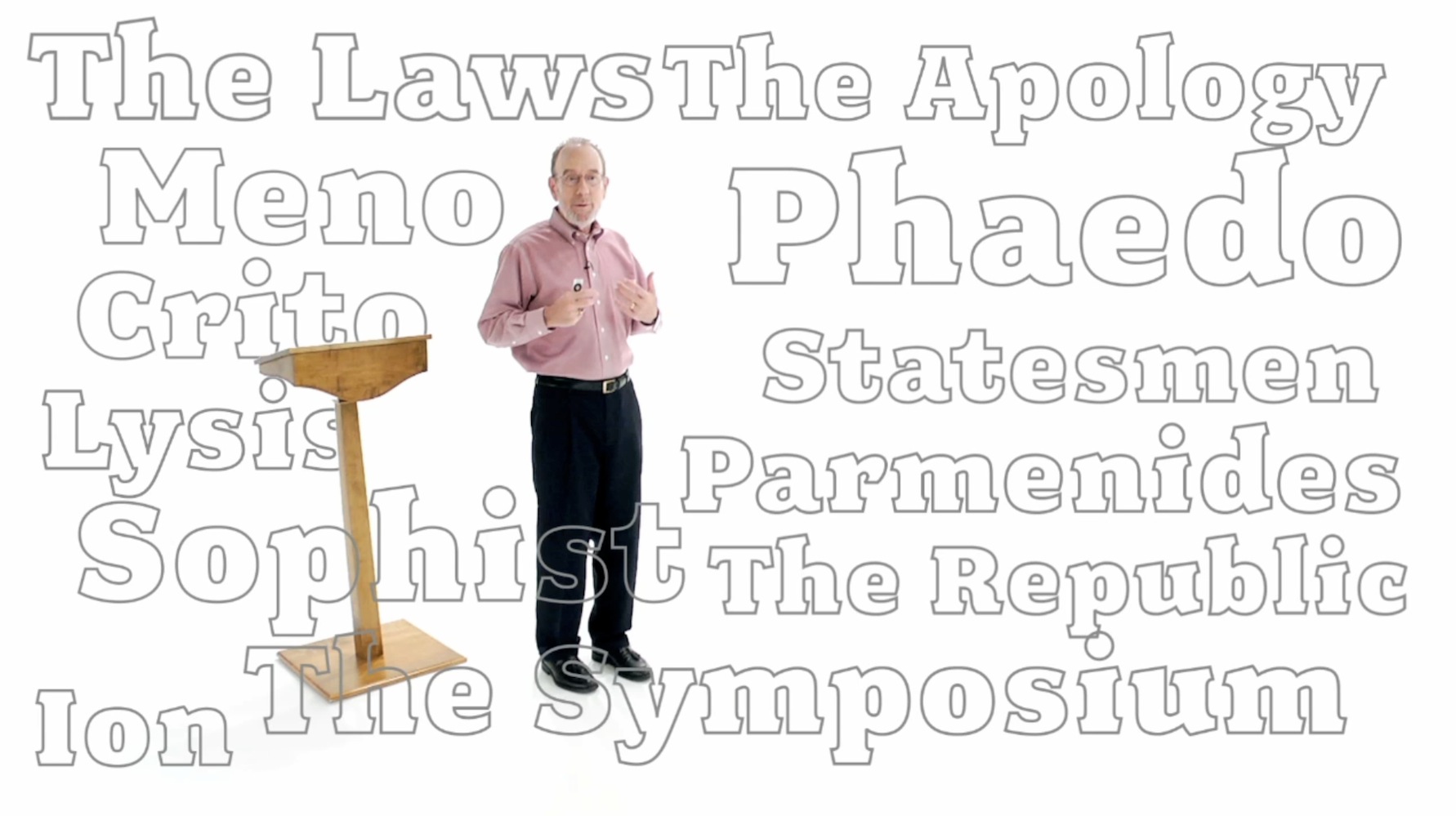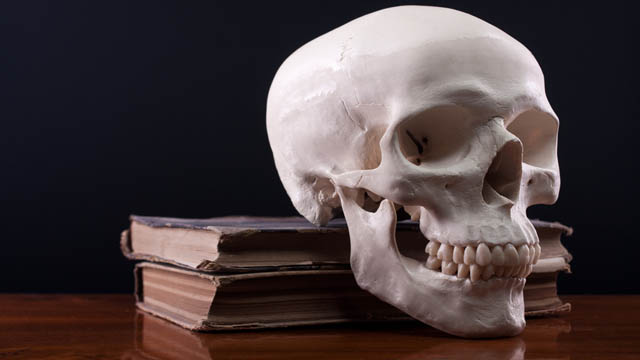What Can Plato Teach Me That I Can’t Find on Wikipedia?

What’s the Big Idea?
Do we really need to read the classics in the age of Wikipedia? Aren’t these books just historical artifacts or a bunch of pretentious fodder for cocktail party conversation? According to Jeffrey Brenzel, Philosopher and Dean of Undergraduate Admissions at Yale University, the classics will not only enhance your education, but help you live better.
So how do we decide which books qualify? This is, after all, one of the most controversial subjects in academia. In his Floating University lecture Standing on the Shoulders of Giants: The Essential Value of a Classic Education, Brenzel presents five “rough and ready criteria” for identifying a classic of literature or philosophy or politics. While Brenzel notes that no one or two of these criteria are going to be decisive, he presents them all together as a useful tool. He lists the criteria as follows:
1. A classic addresses permanent concerns about the human condition.
“From a philosophical perspective it has something to say about the way we should live. From a literary perspective, it has something to say about imagining the possibilities for how we could live and from a historical perspective it tells us how we have lived.”
2. A classic has been a game-changer.
“It has created profound shifts in perspective and not only for its earliest readers, but for all the readers who came later as well.”
3. A classic has stimulated or influenced many other important works.
The work has impacted other important works, either directly or indirectly.
4. A classic has received critical acclaim.
Even if they violently disagreed with the work, “many generations of the best readers and the most expert critics have rated the work highly” and one of the best or most important of its kind.
5. A classic requires strenuous intellectual engagement.
Beach reading doesn’t qualify. Brenzel says a classic usually requires “a strenuous effort to engage and understand, but it also rewards the hard work strongly and in multiple fashions.”
Watch here:
Having established the criteria for judging whether a work is a classic, Brenzel points to the development of Christian thinking over many centuries to illustrate how various game-changers have impacted each other. fundamental value in our world today.
According to Brenzel, what you know of Christianity today arises from what historians have termed “The Marriage of Jerusalem and Athens.” In the selection below, Brenzel fast-forwards through the centuries to show how “the very concepts and ideas that form the basis for Christianity actually turn out to owe a great deal to Plato and Aristotle.“
Take the journey from Plato to Aristotle to St. Augustine to St. Aquinas to St. Paul to Dante to Luther and Milton here:
What’s the Significance?
So why is the canon important? Brenzel demonstrates that if you are a Christian, your views result from the “speculations and collisions” of ideas that occurred over centuries and came to form what church dogma is today.
This blog is meant to keep you updated on the latest Floating University developments. Stay tuned for more on The Floating University, its lecturers, courses, and offerings. To subscribe to The Floating University visit: www.floatinguniversity.com.





